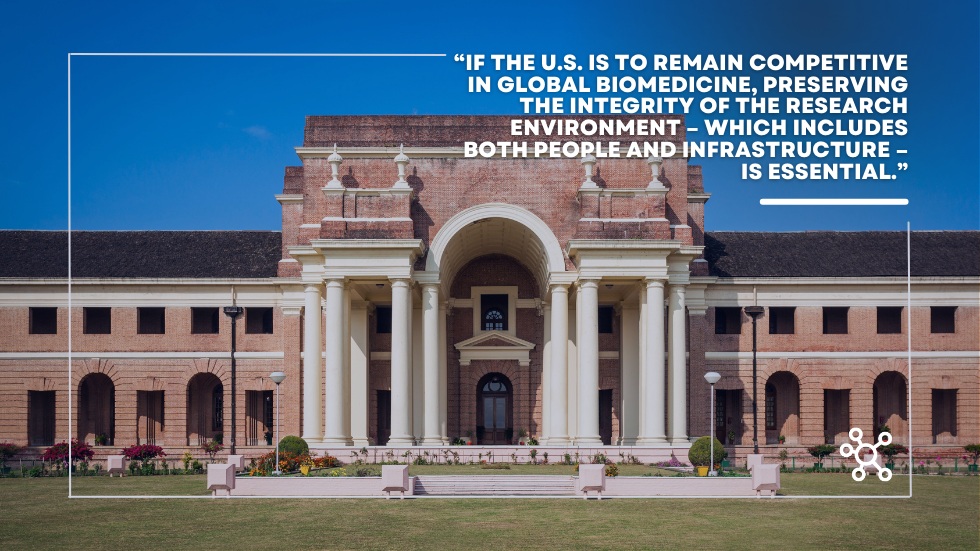By Cliff Mintz

In 1974, shortly after I was admitted to the graduate program at the University of Wisconsin-Madison, I received a congratulatory letter from my soon-to-be PhD adviser. In the letter he made a comment about “the blood, sweat and tears” that are required to earn a PhD degree. At the time, I was a youthful, ambitious 21 year-old, who thought he could do anything and I had no idea what he was talking about! Seven painful and often tearful years later, I finally understood what he meant by those words; because I had lived them! I have no doubt that many who are reading this post have had similar experiences. However, earning your PhD degree is only the very beginning of your journey. And, like it or not, the only thing that a PhD guarantees is that others will call you “doctor”and that you can add the letters “PhD” after your name!
For the past several months I have been following a question on a LinkedIn group that asked:
“If you had to do it all over again, would you have still chosen to get your PhD degree”.
For me, the answer is an unequivocal YES! And, like the first time, that decision would not have been based on the notion that there would or should be a job waiting for me at the end of my training. My decision was a personal one based on my “love of microbiology” not the guarantee of future employment.
So, to those of you who feel like the system has let you down and that you have been abused, I feel your pain but offer the following. If you wanted a guaranteed job at the end of your training than you ought to have considered a career in medicine, nursing, law, engineering, physical therapy, carpentry, plumbing or any other profession where a license is required to practice. These professionals offer a “service” to people and, in exchange for services rendered, they get paid for their efforts. Like it or not, laboratory research is a not a service or fee-based industry and consequently has minimal short term personal value to people. And, not surprisingly, the demand for PhD life scientists, well trained or not, is not high.
In closing, nobody said getting a PhD degree was going to be easy. And, as somebody once said to me, “if getting a PhD degree was easy, then everybody would have one!” That said, be proud that you earned your degree; but the hard work has only just begun!
Until next time…
Good Luck and Good Job Hunting!!!!!




